#queer relationships
Text
Yes they made out but they don't catch feelings for each other
Yes their physical but their not in heat
Yes their in a relationship but it's not defined
Yes they are jeckole if their both latina and aspec
#aro#aromantic#asexual#ace#aroace#aromantic asexual#queer#queer relationships#unlabeled#undefined relationships#jeckole#ocs#original characters#vague posting ocs
22 notes
·
View notes
Text
I want you to ride my thigh. Not delusional like others would want it from you. No, I want to kiss you deeply while you do it, our tongues exploring each others mouth. I’ll have one hand in your hair, grabbing it and swirling it around my fingers. I want you to lay your head on my shoulder, sloppily kissing my neck while you‘re moaning into my soft skin. Your mouth slightly open, your eyes squeezed shut. I‘ll put my other hand on your back, pulling you a bit closer with every single time you chase your high. Little whimpers escaping between your beautiful lips, while I whisper into your ear how good you‘re doing. How breathtaking you look like, how sexy your noises are. How much you turn me on. How much I want you. How much I want you to cum all over me without having to waste a single thought about what is happening. I‘d whisper your name and feel your heart beat hard against my chest. Little drops of sweat trailing down your back, meeting my hand that‘s grabbing you even harder. I want you to thoughtlessly let your legs shake as you feel your high coming closer and your moans getting louder. Shamelessly clawing your nails into my skin, leaving marks on me which you know I will return after. I want you to ride my thigh knowing once you came, I‘ll flip you over and slip my tongue into your beautiful pussy. I‘ll taste your sweet cum, not even letting you completely come down from your high. Keeping your legs shaking, as I’ll let my fingertips caress your collarbone, down your breasts. You still moaning, while your brain slowly turns to mush, trying to find hold on the bedsheets. I want you to feel so much how much I want you to be completely mine. Making your back arch as my hands trail over your stomach down to your inner thighs and my fingers slip into you. You’ll be under me, crying out in pleasure, not being able to process the feeling my upwards curled fingers will rise in you. My moans against your overstimulated bud will find it‘s way in electric shocks upwards your spine and explode in your head. You‘ll return them with crying out my name in every thrust I do, while your pussy will tighten around my fingers. Your brain won’t be able to understand why you’ll be moaning my name over and over, falling off your lips like a prayer. Until you forget what is really happening here. And still my fingers be mercilessly fucking into you, I’ll be flicking my tongue all over your clit, until you release all over my mouth, your lungs not even able anymore to find the air they need to keep your body function. Making your body a complete mess under me. I want you to ride my thigh so bad.

#bd/sm mommy#domme mommy#mommy k!nk#mommy#bd/sm blog#bd/sm community#lesbian nsft#bd/sm relationship#sapphic nsft#lesbian#lesbian smut#mommy issues#sapphic smut#sapphic#bd/sm lifestyle#bd/sm kink#queer#queer nsft#queer relationships#queer ns/fw#queer community#queer writers#wlw ns/fw#ns/fw content#ns/fw community#ns/fw#ns/fw blog#wlw nsft#ns#mommylovesbunny
7K notes
·
View notes
Text
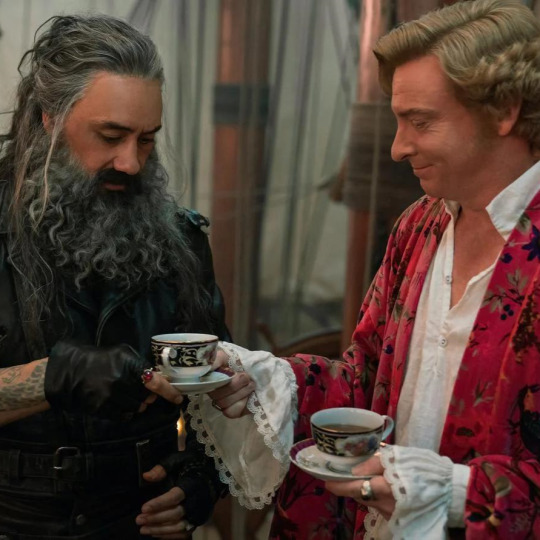
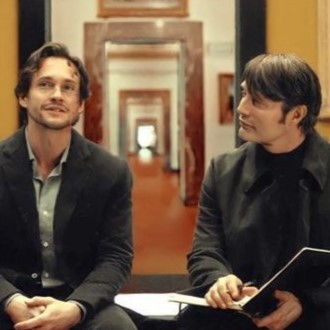
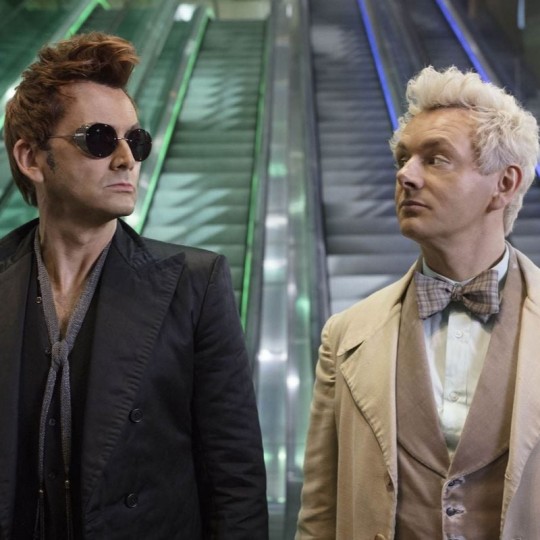

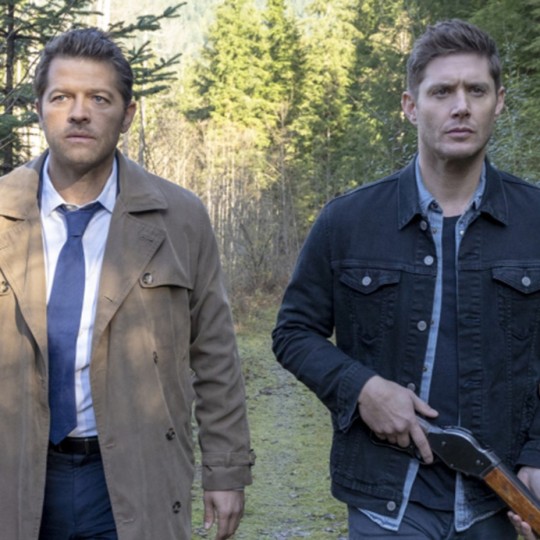

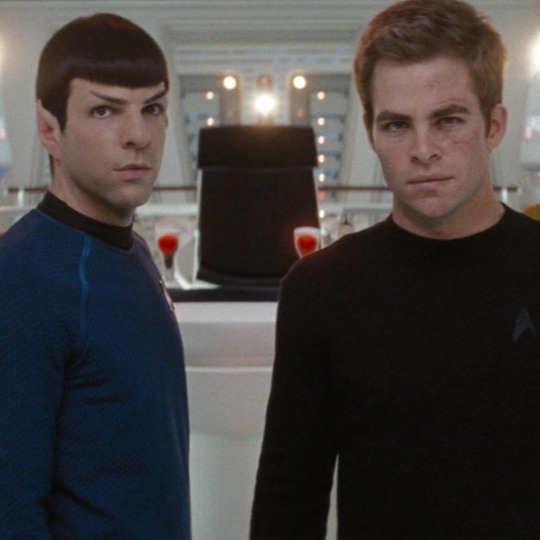
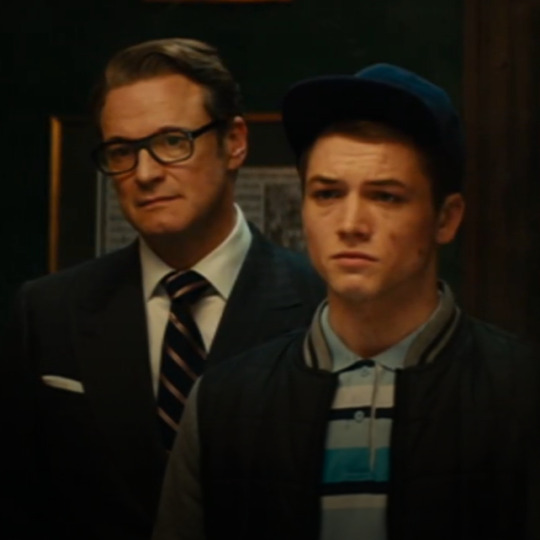
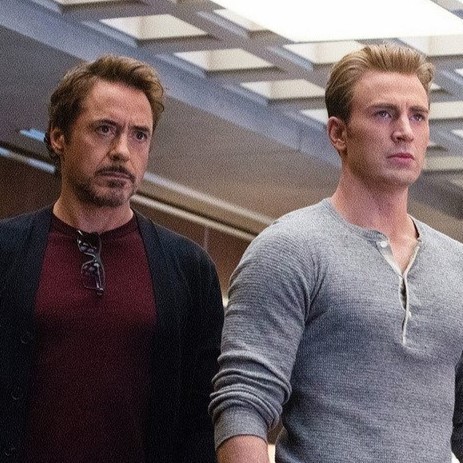
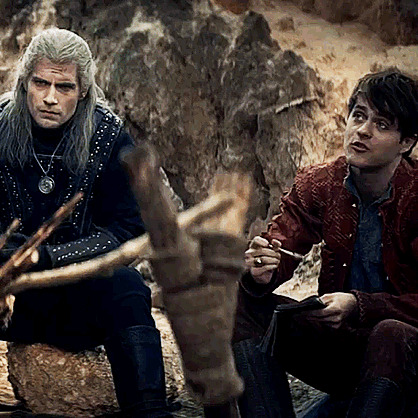

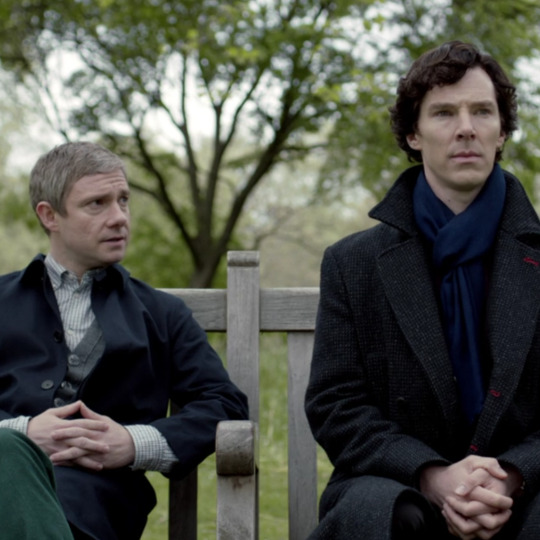
Proud member of the "emotionally-repressed light-haired bisexual in love with my socially awkward dark-haired and possibly gay sarcastic best friend" club
#queer relationships#hannigram#ineffable husbands#blackstede#merthur#00q#johnlock#stony#hartwin#spirk#geraskier#napollya#destiel
3K notes
·
View notes
Text


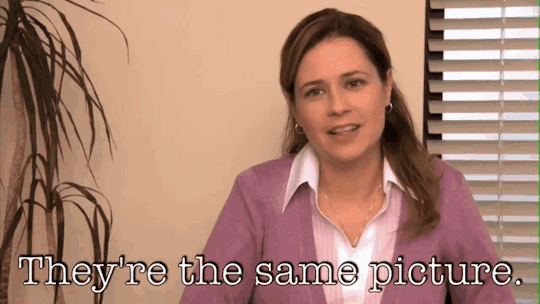
588 notes
·
View notes
Text
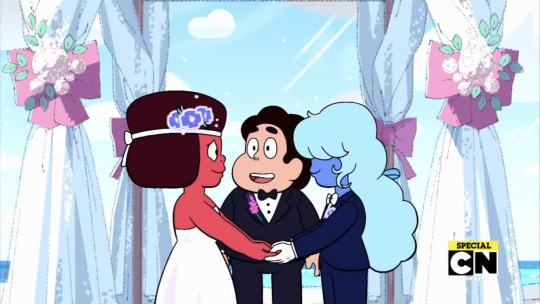
I've seen a fair number of people interpret Rebecca Sugar's (and the Crew's) decision to put Ruby in a dress as subversive, and I want to discuss why that feels like a clear miss to me.
Every time--every single time--I've heard Rebecca Sugar talk about the queer relationships on this show, it comes with this expression of wholesomeness, and often glazed with a sheen of wistfulness, flavored something like "I needed this as a child and young person, and I didn't have it." Much of Rebecca Sugar's work to bring this wedding (and other unapologetic queer relationships) to the screen was framed as an emergency--as in, we HAVE to get this out there for those kids we used to be, because we know they're drowning.
Yes, it's funny sometimes when people make jokes about Sugar deliberately "adding more gay" or "making it gayer" as a big eff-you to the people who spoke against it, but that doesn't sit right from where I'm standing. It took so much strength (and resulted in so much battle damage) to fight that fight, yes. But from everything I can see from the interviews and conversations I've seen and read, this wasn't served up in a "ha-HA, take THAT!" kind of way. These characters having these kinds of relationships should have been a non-issue, and the fact that their very wholesome kids'-show wedding and very sweet kiss and very adorable love for each other was seen as Political when it should have been just two characters in love is so sad to me.
I've seen dozens of people suggest that Ruby is in a dress and Sapphire is in a suit "to fuck with the bigoted censors in other countries" or "to give the finger to gender roles," but again, I think it is simpler and sweeter than that. Rebecca's said that Ruby in a dress is how she feels in a dress. Celebration and exploration of feminine-coded stuff felt wrong to Rebecca for a long time, like it wasn't hers, because she wasn't really a woman and didn't want it forced on her. As a result she was robbed of all the beauty that should have been a non-issue, from what TV shows and toys she was supposed to enjoy as a kid to what kind of person she was supposed to marry and what she should wear as an adult.
Ruby never got a choice about how she looked really. Once she got to choose her presentation for a significant event, this is what she chose. It means so much more to see that than to construct it primarily as a reactionary measure, as if it would somehow foil the sinister censors in more homophobic countries (who, incidentally, are not therefore forced to show Ruby in a dress even though they tried to hide that Ruby was a "she" or that she was in a romantic relationship with another "she"; y'all, they just don't show the episode).
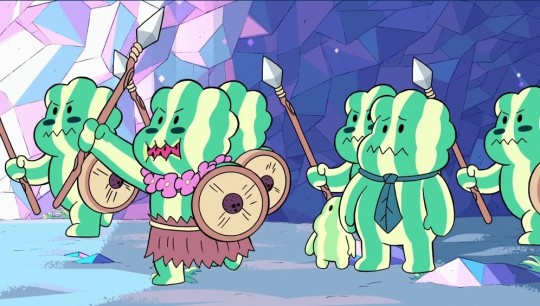
We see plenty of other examples of gender-role-related expectations being casually stepped on and squashed, like when they took the trouble to give traditionally masculine and traditionally feminine "clothes" to some watermelons to make the audience think there was a husband and wife watermelon only to have the wife be the warrior and the husband stay home with the child. With stuff like that, yeah, sure, maybe it's designed to make you think "oh isn't that very feminist of them!" Or maybe it's more "well why do I see this as a 'reversal' when it's just a thing that happened?" This show is full of ladyish beings who fight and have power. And as for Steven. . . .
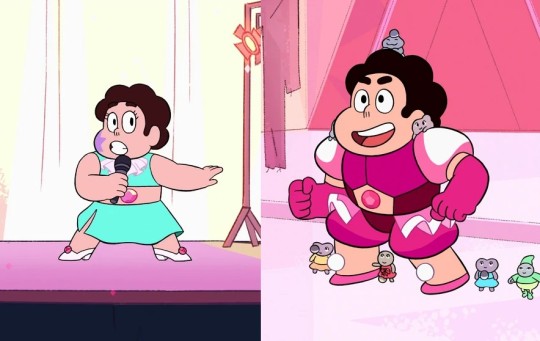
Nobody has negative reactions onscreen (or even particularly confused reactions) when Steven wears traditionally feminine clothes, and it is (of course) also not presented as a "boy in a dress gag"--it's not supposed to be funny. When they go all in slathering Steven in literal princess tropes throughout the final act of Season 5, we understand that it's because the powerful Diamonds expect him to be Pink Diamond, not because the show is trying to girlify him or embarrass him or even make the audience think positive thoughts about boys in girls' clothes. It's more neutral than that in my interpretation: "these are literally just pieces of cloth, and while some of them have meaning, they don't inherently have a gender." I don't see this as transgressive. It's just in a world where putting on what you want to wear doesn't HAVE to be a political statement. (Though obviously it CAN be, and plenty of people wear a variety of clothes as a fuck-you to whoever they want to give the finger to. I just don't see that as happening here.)
Don't get me wrong; Rebecca Sugar certainly knew about the politics (intimately) and has lived at many of their intersections. She was not ignorant of how queer people are seen in this world. She was silenced as a bisexual person because her identity supposedly didn't matter if she was with a man and planned to be with that same man forever. She was shunted into "omg a woman did this!" categories over and over again, which she wore uneasily as a nonbinary person while accepting that part of who we are is how the world sees us. But what is it like if everything someone like her embraces is seen as a statement synonymous with "fuck you" to someone else?
She is married to a person who happens to be a man and happens to be Black. Her relationship isn't a "statement" about either of those aspects of his existence; her love is simply something that is. She is Jewish working in a society that's largely Christian. Her cultural perspective to NOT center her cartoon around Christian holidays and Christian morals; her choices to make an alternate world in this specific way is simply something that is. Her queer perspective as a nonbinary bisexual person has helped inform the Gems' radical philosophy of "what if we learned to explore and define ourselves instead of doing the 'jobs' we're assigned and being told it's our nature?" Her decision to include queer people in a broadly queer cartoon isn't designed PRIMARILY as a battle against baddies, or to drown out all the relentless straightness, or to deliciously get our queer little paws all over their kids' TV. It's an act of love.
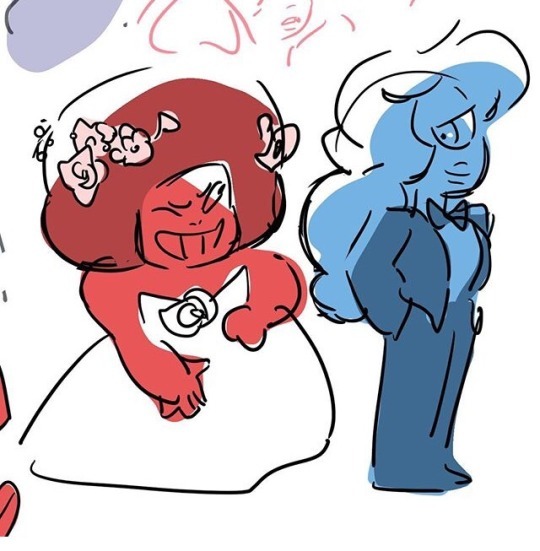
So this is just to say that though I DO understand that sometimes subversion and intentional transgression are very necessary, I do not think that's the HEART of what's going on at this Gem wedding. We got a wholesome marriage scene between two of the most lovely little flawed-but-still-somehow-perfect characters, and I very much want to see their choices as being about them. About how Ruby feels in a dress. About how Sapphire feels about not having to always wear a dress. About them incorporating a symbol of their union into their separate lives so they can have some independence in their togetherness. About them celebrating their love by letting Steven wipe his schmaltz all over them.
There are many choices in the show that ARE carefully constructed to counter existing narratives, you know, giving the Crystal Gems' only boy all the healing, pink, flower imagery; having a single-sex species that's ladyish with all the members going by "she"; featuring many nurturing male characters who cry and cook and raise kids without mothers; pairing multiple fighty ladies with gentler guys; and importantly, intentionally loading up the show with stories, characters, and imagery any gender will find appealing despite being tasked with expectations to pander to the preteen boy demographic.
But it's very important to me that the inclusion of queer characters and the featuring of their choices be seen primarily as a loving act, and way way less of a "lol screw the bigots." I want our stories to be about us. Yes, I know it's a necessary evil that sometimes our stories are also about fighting Them. But every time I see someone say they put Ruby in the dress to "piss off the homophobes" or "stump the censors" I feel a little gross. Like the time I picked out an outfit I loved and my mom said I only dressed in such an obnoxious way to upset her, and I was baffled because my aesthetic choices, my opinions, my choices had nothing to do with her. Yet they were framed like I chose these clothes primarily to cause some kind of petty harm to her, when not only was it not true but I was not even that kind of person who would gloat over intentionally irritating someone.
The queerness of this show isn't a sneaky, underhanded act trying above all to upset a bigot or celebrate someone's homophobic fury. It lives for itself. Its existence is about itself. It's so we can see ourselves in a show, and it's so people who aren't queer or don't have those experiences can see that we exist, we participate, we want very similar things, and definitely are focusing way more about celebrating our love at our own weddings rather than relishing the thought of bigots tearing their hair out and hating us.
It's dangerous to turn every act of our love into a deliberate movement in a battle strategy when their weddings just get to be weddings.
I think there’s this idea that that [queer characters] is something that applies or should be only discussed with adults that is completely wrong. And I think when you realize that talking to kids about heteronormativity is just like air that you breathe all the time, it’s kind of amazing that that is not true in any other capacity.
I think if you wait to tell kids, to tell queer youth that it matters how they feel or that they are even a person, then it’s going to be too late! You have to talk about it—you have to let it be what it gets to be for everyone. I mean, like, I think about, a lot of times I think about sort of fairy tales and Disney movies and the way that love is something that is ALWAYS discussed with children.
And I think also there’s this idea that’s like, oh, we should represent, you know, queer characters that are adults, because there are adults that are queer, and you should know that’s something that is happening in the adult world, but that’s not how those films or those stories are told to children. You’re told that YOU should dream about love, about this fulfilling love that YOU’RE going to have. […]
The Prince and Snow White are not like someone’s PARENTS. They’re something you want to be, that you are sort of dreaming of a future where you will find happiness.
Why shouldn’t everyone have that? It’s really absurd to think that everyone shouldn’t get to have that!
--Rebecca Sugar
789 notes
·
View notes
Text
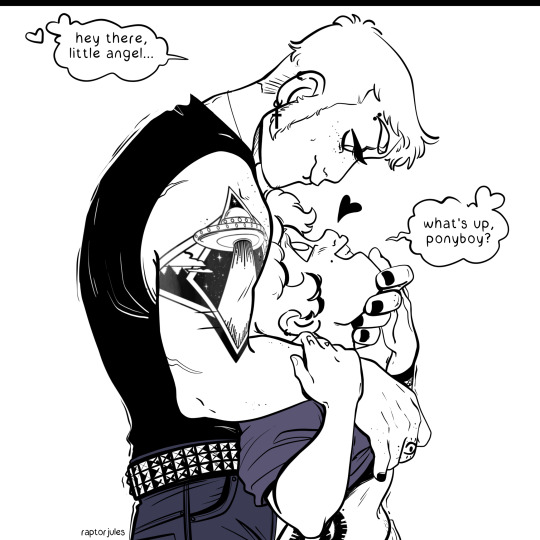
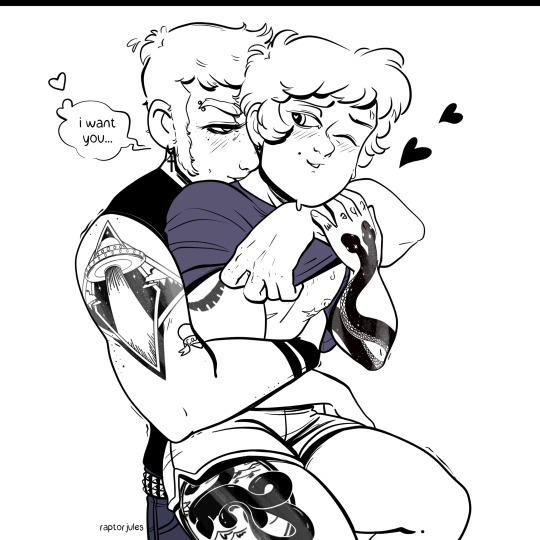

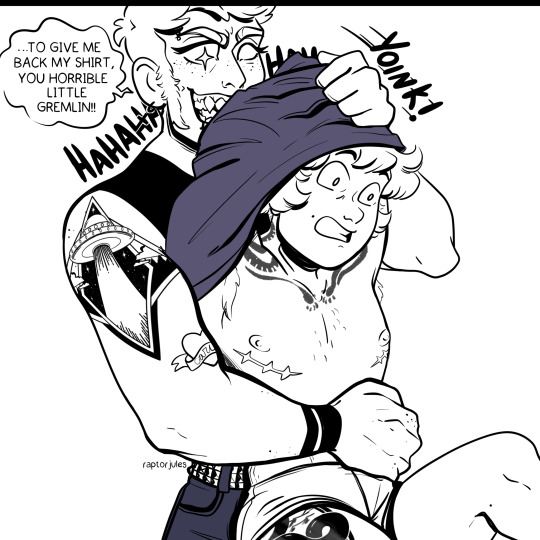
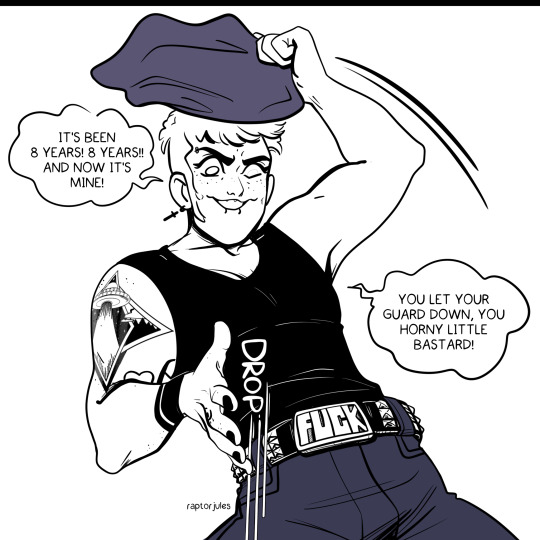
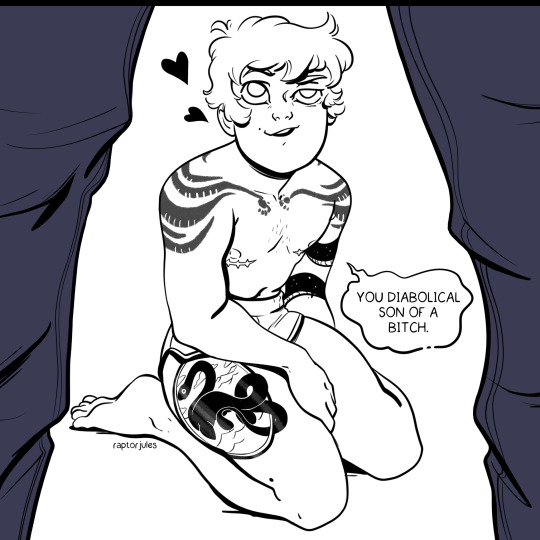

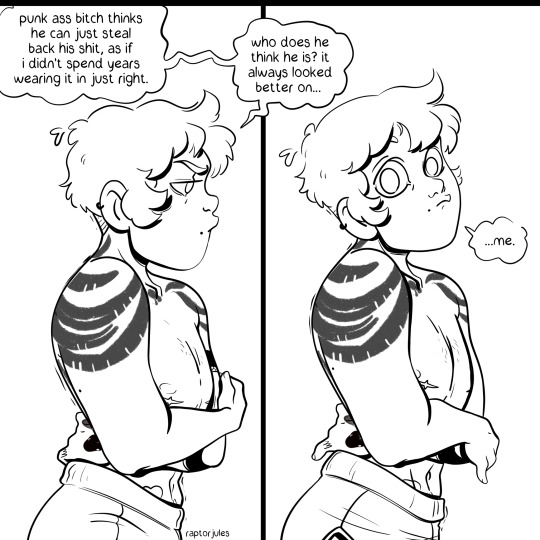


Caro’s an extreme himbo sometimes falling for his oldest trick in the book, and John ain’t got no trouble fitting into that shirt these days.
I’m still under the weather and had WAY to much free time to make this, I’m not usually good at thirst traps or sorta spicy content but this was so much fun, you’re welcome. I hope you like it! I feel like every time i get sick I level up art wise, which I guess is pretty ok. Look at these Pretty lines! Anyway.
(edit: fixed the last panel/forget his scars, his leggie was not right!)
John and Caro are from my webcomics Seemingly Dark and Mil-Liminal!
#comics#short comic#original characters#queer relationships#sexy stuff#nonbinary#otp#spicy art#suggestive
783 notes
·
View notes
Text
me and my boyfriend are queer asf ! We’re literally so fucking gay ! I wore a button up shirt today while he wore doc martens and on top of that he has his mustache dyed pink! like ummmmm how gay & queer and strange do you want us to be ?? Because that’s pretty fucking queer !! We’re both bi btw and sometimes he’s nonbinary sooooo we’re not straight and normal and boring definitely not! don’t even try us with your queerphobia
548 notes
·
View notes
Text
in the face of all the homophobic anons flooding my inbox, there’s one thing i want to make abundantly clear:
gojo and geto are queer-coded regardless of whether or not you understand their relationship to be romantic. all it takes is one (1) critical thought to understand that romance is a dimension of queerness; it does not constitute it. yes, people understand their connection in a romantic context because that is a facet of their queerness. even if you don’t recognize the romantic dimension of their relationship, that does not negate the fact that gojo and geto’s characters & connection are indisputably and intentionally queered already.
i’m not saying they’re not romantically involved— on the contrary, anyone with half a fucking braincell and the ability to conduct surface-level textual analysis would clock that facet of their dynamic. what i’m saying is that the romantic dimension of their relationship does not singlehandedly make them queer simply because it happens to align with popular understandings and depictions of queerness. romance is there, yes, but romance alone does not constitute their queerness: they are queer alongside and independently of the axis of romance.
you can think of romance as a conduit— it’s one expression of their queerness, like a branch extending from a tree. when we say they are queered, we are beseeching you to stop pointing to the branch and insisting it is the entire tree. to be queer is to be insurgent, vibrant, subversive, effervescent— the branches extend endlessly from the infinitely faceted treetrunk. romance is merely one amongst many; it alone does not bear the insignia of queerity.
queerness is not an imposition upon them, it constitutes every aspect of their characters. it’s in geto’s monstrous femininity, it’s in gojo’s mournfully joyous disposition, it’s in both of their roles as guardians of children and protectors of chosen groups. it’s in the intimacy of their connection, it’s in their joy and their grief, it’s in their devotion and their tragedy. it quite literally is who they are, with or without the dimension of romance.
when these pseudo-intellectuals defend them from being deemed queer, they’re defending them from THEIR limited conception of what it means to be queer. in accusing everyone of Turning Them Gay, they don’t realize the call is coming from inside the house and that everything they love about gojo and geto was queer to begin with— just not in the one-dimensional way they understand queerness to operate.
if they stopped guzzling the heteropatriarchal kool-aid, it would become apparent to anyone with basic critical thinking skills that the ones who are ruining their characters are not the people who recognize gojo and geto for who they are, but those who break off the branch to beat the tree.
#my jjk thoughts#i got a truly insane ask that im going to post later#stsg#satosugu#jjk#jjk meta#stsg brainrot#lgbt discourse#queer discourse#jjk queer#gojo queer#gojo and geto#satosugu analysis#satosugu meta#jujutsu kaisen#jujutsu kaisen meta#jujutsu kaisen analysis#homophobia#queer anime#queer relationships#gojo satoru#geto suguru#gojo#gojo x geto#satoru x suguru#goge#gego#gojo analysis#jujutsu kaisen queer#queer media
195 notes
·
View notes
Text

LET’S TALK ABOUT EXPLORING LOKI & MOBIUS THROUGH THE LENS OF QUEER EXPERIENCE
Thank you for this request, @nabananab
Before I dig into this juicy ask, I think it’s important to note (however obvious the fact maybe) that an individual’s unique engagement with art is an inherent and integral part of art. The intention of the artist and the sociopolitical influence of culture, while important in our interpretation of a work, are not the sole source of drawing the work’s meaning. We are all artists in one form or another. I consider myself one of the pen, and nothing is more important to me than art giving someone a sense of emotional connection. I should hope other artists would agree, and for this reason I am an ardent believer in art taking on a life of its own once it has been created. The creator’s word, while it matters to some degree, does not supersede an individual’s relationship with the creation. Our histories, our desires, our fears, our likes, our dislikes, indeed our infiniteness as fragile human beings, allow us to create an elevated, spiritual interpretation beyond the confines of original intent. With art, there is no such thing as “reaching” or “reading too deeply”.
I leave this message with all of you as we look at these beloved characters through the lens of queer experience.
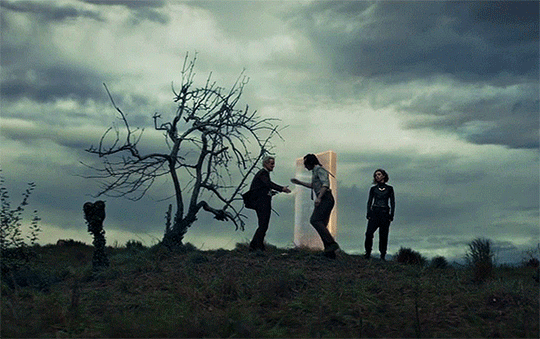
LOKI
Culture influences what we see and hear, which in turn influences artistic portrayal. Setting aside Norse myth, Marvel’s Loki is a classic example of a queer-coded villain (later canonized as a queer antihero). Deception, daggers, sexual temptation, transformation, and magic are all culturally tied to the “immoral” facets of femininity. Just as a strong, independent woman untethered to the control of man is deemed a “wicked woman”, a man demonstrating gender ambiguity and like qualities is similarly judged. Only masculinity is viewed as pure and good, and this no doubt was—and continues to be—a key force in white, western colonization’s destructiveness. It all but crushed our rich global history of divine femininity, gender diversity, and romantic and sexual expression.
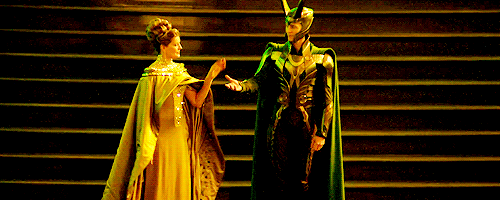
Asgard, as Marvel portrays it, is without a doubt a masculine-dominant warrior society. Only two women feature prominently: Queen Frigga and Lady Sif. Whereas Sif embraces her masculine qualities and fits in easily with Thor and the Warriors Three, Queen Frigga embraces her feminine powers, though her authority is submissive to the All-Father, Odin. Her influence is most heavily seen in her adopted son, Loki, with whom she shared and taught magic in hopes that Loki might “feel some sun on himself” despite the “long shadows [Thor] and [Odin]” cast. The magic that Frigga gifts Loki, however, attracts scorn. The subtext here is that Loki’s specialness, his individuality, comes from feminine powers despite presenting as a man, and a gender ambiguous one at that. Unlike Thor and Odin, he is not masculine. While strong, he does not exhibit Thor’s brute strength. He is cautious, thoughtful, another feminine quality, whereas Thor’s courageousness often veers toward foolhardy and brash.
Thus, if Loki cannot be loved and accepted as he is (a queer person of another race), he will force love and acceptance through the power of the throne. Kings oft inspire fear, coercing subjects to love them whether they wish to or not. But we know Loki never truly wanted the throne. The throne is a mere distraction from, perhaps even a poor replacement for, what he truly wants: genuine love and acceptance that cannot be bought. Unfortunately, Loki believes he will never get these things, which is why, when Mobius questions him, Loki’s desire for control (Loki, King of the Midgard; Loki, King of the Nine Realms; Loki, King of Space) can never be satiated. Mobius challenges Loki for the exact purpose of revealing this to him. What do you really want? At this point, Loki does not have the words to form an answer. In S2E5, Syvlie raises the question Mobius originally asked in S1E1. It is then, after experiencing Mobius’s friendship and the other relationships that come to being as a result (including Sylvie’s), that Loki can articulate his answer.
Loki’s othering, even before the discovery of his true identity as a Jotun (an allegory for a villainized foreign race), creates a lonely environment in which Loki’s potential for goodness is quashed by centuries of resentment, bitterness, and jealousy. His attempts at masculinity take the form of violence, all of which are, as Loki admits in S1E1, “part of the illusion; the cruel elaborate trick conjured by the weak to inspire fear.”
Loneliness and the desire for love and acceptance are a universal human experience, but they are felt far more acutely within our intersectional queer communities.
MOBIUS
His fascination with Loki is compelling because there are many things we can infer about its reasons. The first, most obvious explanation is Mobius’s “soft spot for broken things”, which is in some ways tied to his qualities as a compassionate, forgiving, and supportive father. A secondary explanation is a wish for partnership. We know from S1 that Mobius’s friendship with Ravonna spanned eons. We later learn in S2E6 that he and Ravonna started out as peers, hunters. They were partners on the field, but where Mobius “failed” because of his humanity, Ravonna “advanced” because of her ruthlessness. This change in relational dynamics left him partner-less. Finally, a third, less obvious reason is Mobius’s desire to express himself in ways Loki does so effortlessly. That desire may come from the suppression and repression of his own softspoken queerness in order to survive the fascist culture of the TVA.
Mobius is captivating for many reasons. Whereas Loki is a textbook example of culture viewing “queerness as evil”, “queerness as flamboyance”, “queerness as stylishness”, “queerness as loudness”, “queerness as sexual promiscuity and deviance”, “queerness as chaos”, Mobius very much aligns with the image of a straight-passing, repressed queer individual. This is an identity that does not get as much attention or presence in artistic media as it deserves, for there are many who need this representation to reflect them. He is not stereotypically queer by any means: he is not colorful. He is not stylish, flamboyant, or loud. His sex appeal primarily derives from the viewers’ attraction to his personality, though it certainly helps that Owen Wilson is quite handsome.
Combine these three reasons, and it becomes easy to see how a character (or person!) like Mobius might fall in love with a character (or person!) like Loki.
There is a certain amount of beautiful irony in how Loki and Mobius affect one another and consequently their identities. Mobius, feeling compassion toward an individual who has been brutally othered and oppressed, seeks to free Loki from the confines of his narrative, as determined by the “Time Keepers”. The only feasible way to do this is to bring a variant of Loki out of the timeline and into the TVA. Mobius then provides Loki with the opportunity to change by: acknowledging Loki’s strengths, giving Loki the chance to use his strengths in productive ways, praising Loki when he does well, listening to Loki, believing in Loki, calling out Loki, and accepting Loki as he is, with all his history, without judgement. Mobius does not try to force change like Thor or Odin. Rather, he creates an environment in which change could happen naturally. This kindness and, indeed, what becomes unconditional love by the end of S1E4, allows Loki to embrace his authentic queerness with self-love and use his feminine powers for altruism rather than masking them with self-hatred and masculine rage.
FREEING LOKI
In S1E1, Mobius is enthralled with Loki’s hijinks as the handsome, charming, devil-may-care, D.B. Cooper. This minor escapade in Loki’s life, which was likely only intended for laughs by the writer, reveals something interesting about Mobius: Loki’s mischievousness, his magic, his cunning, are all quite endearing to him when no real harm is being inflicted. That is, Loki, when not under duress, is someone to be admired when he’s being himself. We admire in people what we wish we had in ourselves, and this, at times, may lead to powerful attraction.
Loki, for his part, does much the same for Mobius. The environment (the TVA) which allowed Loki to thrive is also the same environment that has abused and constrained Mobius.
The heat that Ravonna presses upon Mobius, however, changes his tone with Loki himself. When Loki asks Mobius why he “[sticks] his neck out for [him]”, Mobius provides Loki with two options to choose from: “A. He sees a scared little boy shivering in the cold, or B. He will say whatever he needs to say to get the job done”. Option A, while insulting, has compassion layered beneath the barb. Loki, an expert at cloaking truth with meanness, sees through this and indirectly chooses what he believes to be true in the cafeteria scene: that Mobius feels sympathy for Loki’s painful childhood. The subtext of this acknowledgement is that the true means to the end is reversed: Mobius doesn’t need Loki to catch the Variant on the timelines. Mobius needs the Variant to free Loki from the timelines. The Variant is an excuse and another agent of poetic irony: when Sylvie unleashes the multiverse, she literally frees Loki of his predetermined narrative.
The conceit of S1E1 is that Mobius intends to use Loki for the “good” of the Sacred Timeline. It is important to remember that characters, while not real, are meant to mirror human complexity. Multiple, seemingly conflicting things may be true concurrently. In S1E2, we see in Mobius’s conversations with Ravonna that he deeply believes in Loki’a capacity to be a wonderful person and wants him to have the opportunity to change. His enthusiasm for these things outshines his desire to catch Sylvie.

And, because the Variant is Loki, because Sylvie is Loki, because, as she says, “[they] are the same”, Mobius’s own freeing of Loki, his unconditional love for him, cascades from Loki to Sylvie. Sylvie would not be free to live as she pleases if not for Mobius’s compassion for Loki in the first place.
In S1E4, Loki reveals the TVA’s sham. Mobius’s sense of self becomes fragile alongside his sense of partnership with Loki. But because of our sociopolitical culture’s influence on capitalism, the creative voices of the Loki series self-censures what could be (what is) a queer romance. This self-censureship makes itself known in Mobius’s own self-censureship. His jealousy and heartbreak cannot be spoken directly. It must be spoken through the words of a woman, someone who presents as the opposite sex. Through a looping memory of a scornful Sif telling Loki, “You are alone and always will be”, Mobius makes known the nature of his feelings for him.
BUT WHO WILL FREE MOBIUS?
In the same cafeteria scene in S1E2, Loki asks Mobius if he’s ever ridden a jet ski. Mobius’s response is demure, saying him riding one would “cause a branch for sure”. The jet ski gives the audience another clue as to what Mobius seeks in life: something fun, thrilling, and reckless. Yet Mobius sets aside his desires for what he believes is for the good of the TVA, and thus humanity. This suppression and repression of authentic selfhood mirrors the queer experience of living within a heteronormative culture, especially one with religious doctrines that equate pleasure with sinfulness.
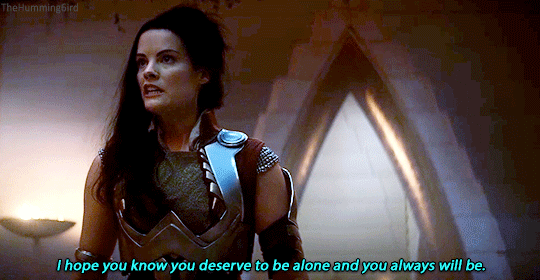
Because Mobius extended his heart, his partnership, his love (symbolized by twin daggers hidden in his locker [a closet]; notably a male phallic symbol of which there are a pair [partners]) and was soundly rejected, Mobius retaliates with the loneliness he himself feels. This loneliness may be interpreted as an allegory for the loneliness of being closeted as opposed to the loneliness of being out but othered.
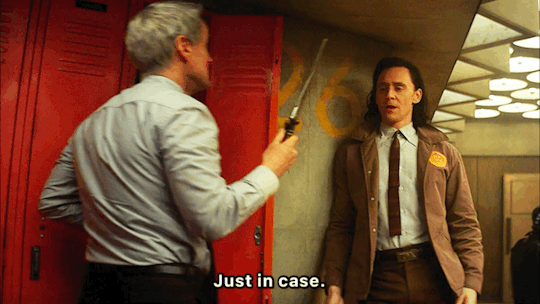
Ultimately, Mobius’s love for Loki shifts from selfish desire to unconditional love when he chooses to help Loki save Sylvie. In S1E5, it is conspicuous that after delivering Sylvie safely to Loki’s side, Mobius’s partings words are, “Guess you got away again”, to which Loki replies, “I always do”, which echos the lover’s trope of “the one that got away”.
[It drives me absolutely bananas that I can't find the specific gif I need when I literally saw it multiple times earlier this week but didn't need it THEN]
Owen’s acting choice is interesting here. He laughs, smiles, then looks down before looking up again, his eyes shifting from fondness to what feels like longing. Mobius extends his hand, a sensible choice for someone who believes his love is unrequited and is unsure of how Loki defines their relationship. Loki, appreciating what Mobius has done for him, closes the distance with an embrace and thanks Mobius for his friendship.
In S2E1, upon Loki’s time-slipping into the war room, whatever apprehensions Mobius had about physical contact was wiped away by the collapse of the TVA and the memory of Loki’s hug. In this scene, it becomes clear to Mobius that Loki is panicking. He makes the executive decision to use his physical contact as a grounding force, relocates Loki to a quiet environment, asks after Sylvie with no bitterness in his voice, then prioritizes Loki’s physical well-being. Perhaps, in Mobius’s view, his love is unrequited, but there is nothing in place to stop him from expressing that love more freely while honoring Loki’s feelings for Sylvie. This regard, which may be construed as platonic, may also be viewed romantic, courtly love.
The fight between Loki and Sylvie in S1E6 sets the stage for Mobius to receive Loki and become a refuge for heartbreak.
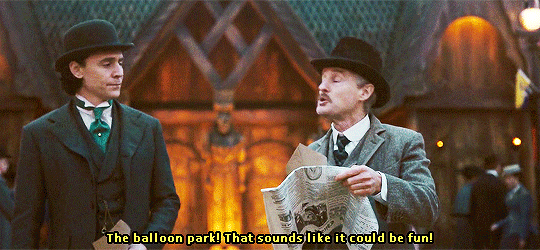
S2E2 and S2E3 has Loki’s and Mobius’s temperaments when it comes to investigating flipped. In S1, Mobius was focused on the mission and often had to reign in Loki. In S2, Mobius is more casual, more willing to take his time and enjoy the sleuthing as it unfolds, while Loki administers pressure to stay focused. The question is why?
In S2E2, Brad attacks Mobius’s sense of self. He points out how weird it is that Mobius is not at all curious about looking at his timeline and stresses that the TVA, and everything in it, isn’t real. Brad calls into question Mobius’s reason for staying. Knowing that the answer is Loki, we can surmise through the queer lens that Brad also corners Mobius into potentially outing himself in front of the object of his affections, someone he believes does not return his feelings, and whose knowledge of those feelings may threaten their friendship. This is a traumatic experience for queer people in the real world, and this extra layer of emotional conflict adds depth to Mobius’s violent response.
Mobius influenced Loki in a myriad of ways. One that has not been discussed yet is an appreciation for focus and order. Loki, in turn, has cracked the door open for Mobius to explore pleasure. We can speculate that, in his own way, Mobius is testing what happiness could look like living a life between the TVA and the timelines. For him, this means cocktails at the theater, cracker jacks, and exploring the World’s Fair, all of which are pleasurable on their own but are even more so with Loki’s company. His queerness, once again, is quiet, mundane, but playful in its own right, and finally brave enough to explore. These scenes suggest that Mobius is indeed happy at the TVA and, as we see in the finale, this happiness is solely rooted in his relationship with Loki and the emotional intimacy they share together.

Loki expresses concern for Mobius, noting that he has “never seen him like that before.” Mobius, interestingly, deflects every concern by absurdly blaming Loki: “He got under your skin”, “I was following you!” The psychological undercurrent here is that Loki is the reason why Brad got under Mobius skin. Loki is the person that Mobius will follow.
Loki takes Mobius’s distress in stride, responding in a way the Mobius normally would. However, Brad’s question piques his interest, and his own care for Mobius prompts him to gently challenge Mobius’s lack of interest in his own timeline. Mobius’s reason for avoidance is, “What if it’s something good?”
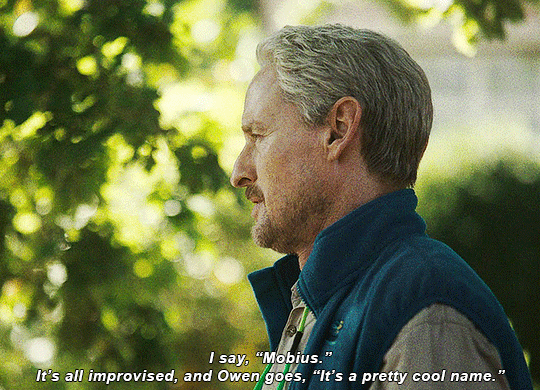
In S2E5, it’s interesting that “good” in this narrative is defined as a heteronormative fantasy of a house, two kids, and (possibly) a puppy and a snake. The “good” in Mobius’s original timeline, however, is imperfect. There is a partner that is missing (partners being a recurring theme in the series, particularly in S2E3), pronounced gone not once but twice. The entire scene between Don and Loki has been discussed at length by many, so there’s no need to reiterate it here. However, let’s bring our attention to Mobius’s avoidance of this “good” because this avoidance resonates with another queer experience.
The TVA, for Mobius, is the place where he studied, saved, and developed a close relationship with Loki. The fear of the “something good” is the fear of being confronted with something Mobius “should” want more than the TVA, and therefore “should” want more Loki. The fear is wanting something (or feeling pressured to want something) other than a queer relationship with no children. The question of “choice” is impacted by what is considered the “norm”.
S2E5 very pointedly focuses on the concern of choice, especially Mobius’s choice, in the bar scene between Loki and Sylvie. “Mobius should get a choice now, no?” At this point, Loki’s regard for Mobius has finally caught up with the romantic nature of Mobius’s feelings for him. And Loki, living his own queer experience, is also afraid of his true desires like Mobius. In being part of the intersectional queer community, the psychological need to guard against disappointment is high and commonplace. Desires are easily disappointed by the expectations of oppressive social mores. This survival tactic manifests itself with our hope and heartbreak with mainstream media, Loki the series being among them.
But Sylvie, the harbinger of true and absolute freedom, takes on the role of supportive ex and challenges Loki to answer Mobius’s question in S1E1: “What do you want?”
In this, Mobius and Loki’s individual relationships with the TVA are identical. It was never about where (the TVA), when (time works differently at the TVA), or why (the timelines). It was about who. It was about each other. The TVA represents a liminal space which became home by virtue of the people who brought love into it. The TVA is code for Loki and Mobius when each speaks of it.
Again, the artists behind the media must self-censure. In this, Loki also self-censures while giving the truth. “I don’t want to be alone. I want my friends back.” It cannot be denied that Mobius is Loki’s first truest and closest friend. “I don’t want to be alone. I want Mobius back.” Sylvie appreciates and validates this desire, but also points out that showing the TVA is something that cannot be unseen. The implication of this response suggests that Sylvie believes that Loki’s friends will feel compelled to join the TVA out of moral pressure. She reiterates the true lives that are being lived, and Loki, loving his friends, loving Mobius, elects to not take that away from them. “You are just fine without the TVA.”
Yet, Loki must choose an act of profound selfless love to save everyone. In doing so, he saves and frees Mobius in the way Mobius saved and freed him. The tragedy and, once again, poetic irony is that they both would have chosen each other. In giving everyone freedom, the true freedom of Loki and Mobius is sacrificed. This double-standard reflects in our reality between those who identify as cis and heterosexual and those who do not.
When Mobius looks at his timeline in S2E6, he does so for one reason: that timeline survived because of Loki’s sacrifice. He must honor that sacrifice and see what Loki protected. Mobius appreciates what he finds, but he doesn’t belong there. It is not what he ultimately longs for. And there must be worry, shame, in recognizing he would prefer to give up the house and two children if a life with Loki were a viable choice.
We all experience loss in our lives. Loss without a goodbye is also commonplace but is another pain that is more acute within the intersectional queer community. I speak of missed opportunities for happiness due to external forces. I speak of loss of self. I speak of loss of friends and family and home. I speak of death, losing a loved one without a goodbye, because same-sex lovers are not considered next of kin, an impossibility without marriage. Marriage echoes back to Don, who has no spouse, and Mobius, who has no partner.
#asks#loki#mobius#lokius#loki season 2#loki series#loki meta#my meta#loki analysis#my analysis#queer community#queer#queer representation#queer relationships#lgbt representation#lgbtq community#lgbtqia
244 notes
·
View notes
Text
Disorganized (aka fearful-avoidant) attachment style is overanalyzing/overcorrecting when you think your partner might be pulling away from you, but then pulling away from them when they draw close to you.
It is both craving AND fearing intimacy so deeply that you grip people tight in your hands lest they leave you, but keep them at an arms length lest they love you.
#disorganized attachment#disorganized attachment style#fearful avoidant#fearful avoidant attachment#fearful avoidant attachment style#attachment styles#attachment theory#anxious attachment#avoidant attachment#relationships#long distance relationship#long distance relationships#ldr#ldr love#queer relationships#queer love#intimacy#fear of intimacy#craving intimacy#secure attachment style#insecure attachment#insecure attachment styles#attachment styles can be healed#attachment styles can be changed#childhood wounds#healthy relationships#healthy relationships are possible
1K notes
·
View notes
Text
Why everyone who likes sci-fi or fantasy should read Iron Widow by @xiranjayzhao as told by memes:
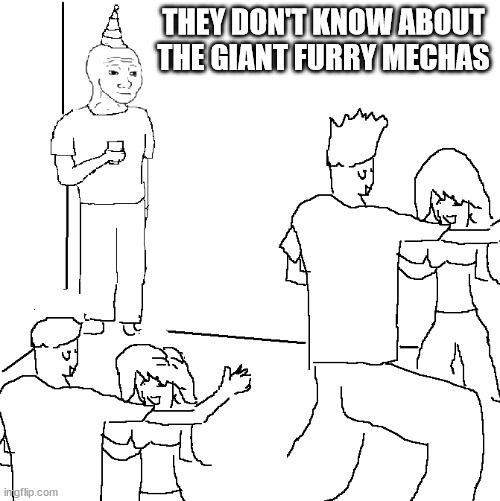

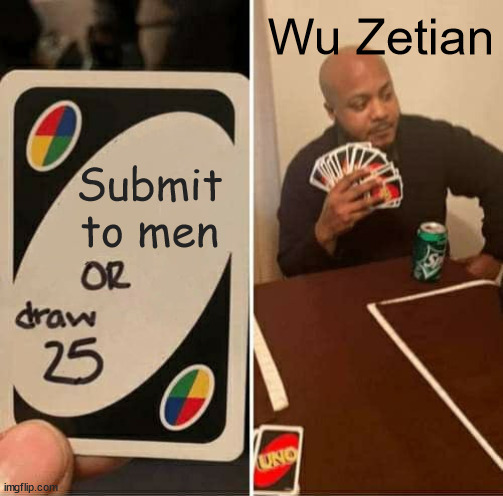
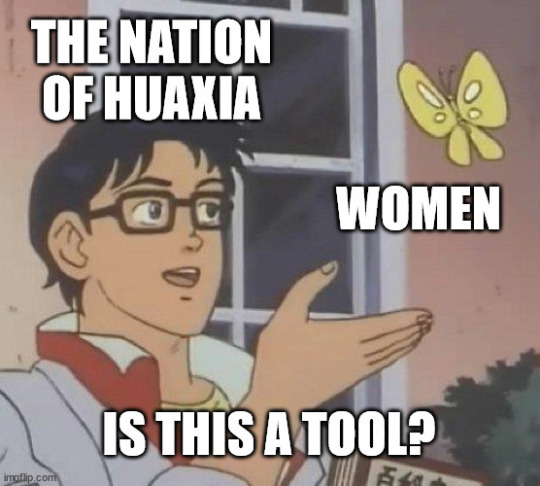
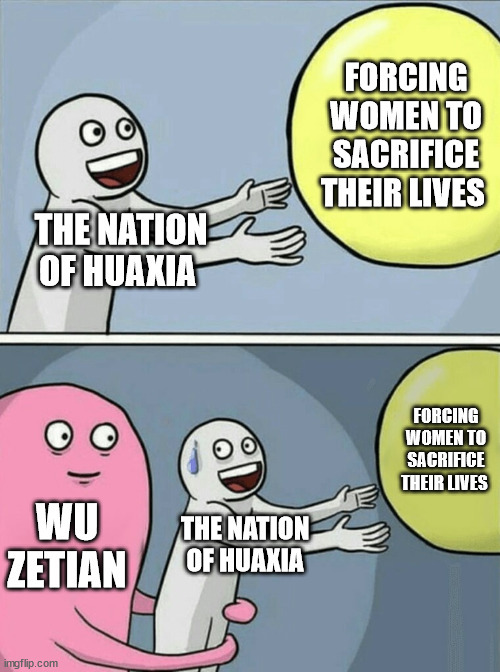

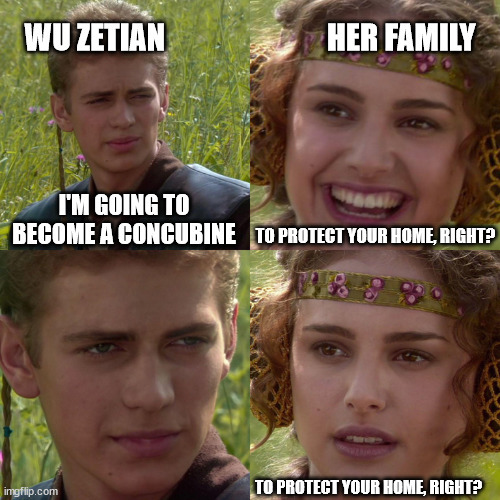
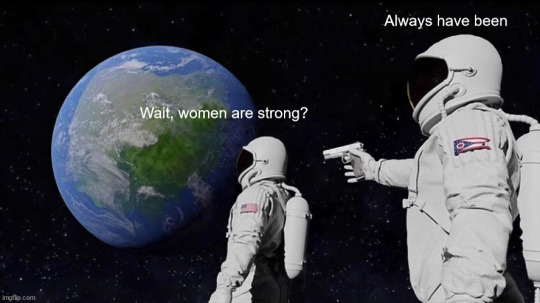



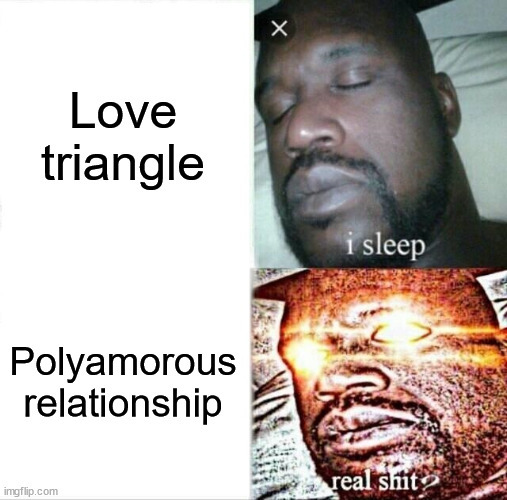
Everyone should go read it right now. Please.
#iron widow#xiran jay zhao#young adult#young adult fiction#young adult science fiction#polyamory#queer#queer representation#queer relationships#disability#disability representation#disabled characters#disabled main character#characters of color#queer characters of color#representation#well written representation#shadow and bone#six of crows#historical fiction#hunger games#mortal instruments#the mortal instruments#harry potter#girls of paper and fire#percy jackson#city of bones#divergent#the giver#i may be obsessed
1K notes
·
View notes
Text
I love talking my sub through her orgasms<3
„Yes baby, you‘re doing so well for mommy“
„You sound incredible, fuck“
„Don‘t stop, princess“
„Take it, I know you can give me one more“
„Yes, right there, that‘s perfect“
„I love how you moan for me“
„I want more, give me what is my own“
„You‘re my property“
„This orgasm you‘ll have is mine“
„Don‘t keep it in, I want to hear your moans, stop holding back“
„Yes. Those moans are mine. This body is mine, this mind is mine, this voice is mine“
„You‘re mine, you‘re all mine. Fucking mine, do you understand?“
„Such a good plaything for mommy“
„My toy, I love to use you“
„One more, I want to get off on your moans“
„So fucking good“
„This cunt is just made for my pleasure, like my cock is just made for yours“
„God, I will break you and mold you into my perfect toy to get off on“
„Let mommy use you, baby“
„Yes baby, come for me, this orgasm is mine“
„Say who you belong to, moan my name“
„Right, you‘re all mine. I love you“
„I love you so fucking much“
„I‘m yours“

#bd/sm mommy#mommy#domme mommy#mommy k!nk#bd/sm blog#bd/sm community#lesbian nsft#bd/sm relationship#sapphic nsft#lesbian#lesbian smut#sapphic#sapphic smut#wlw nsft#wlw smut#wlw community#wlw post#wlw blog#wlw love#wlw ns/fw#ns/fw community#ns/fw content#nsft ask#ns/fw blog#queer nsft#queer ns/fw#queer relationships#queer community#queer#bd/sm kink
2K notes
·
View notes
Text
I want an aromantic love story! I don’t mean a story where the main character thinks there aromantic till they fall in love with the love interest. No I mean I want a story where the main character IS aromantic and really wants to love the love interest but can’t, and feels bad because the love interest loves them. But by the end of the book the love interest still loves the main character and has come to terms that they will never love each other in the same way. But that doesn’t get in the way of their relationship.
126 notes
·
View notes
Text
i think qprs are cool :) waverships are cool. People who call each other partner / girlfriend / arofriend / etc but don’t call it being “ in a relationship “ or dating are cool. People who aren’t blood-related and who call each other family because of the comfort they find in each other. People who don’t want to label their relationship in any way no matter what it looks like from the outside or feels like from the inside. People who don’t call the people in their friendships “ friends.” People who mix and match relationship words to describe each other and their relationship. People who use more personal , creative terms to describe friends and partners.
Because thats what a relationship is : how people relate to each other.
#qpr#wavership#relationship anarchy#amatopunk#aromantic#loveless#aplatonic#lovequeer#heartless#relationships#queer relationships#asexual#aspec#atertiary#aemotional#aphysical
556 notes
·
View notes
Text
I wish I was cuddling him right now, I think it would fix all of my problems
#mlm and nblm only#lgbt nsft#mlm nsft#queer nsft#bi nsft#nsft trans#transmasc nsft#queer relationships#gay relationship#relationship#queer love#love quotes#love#mlm love#trans mlm#gay mlm#mlm yearning#mlm thoughts#nblm nsft#nblm yearning#nblm textpost#nblm#nblm thoughts
156 notes
·
View notes